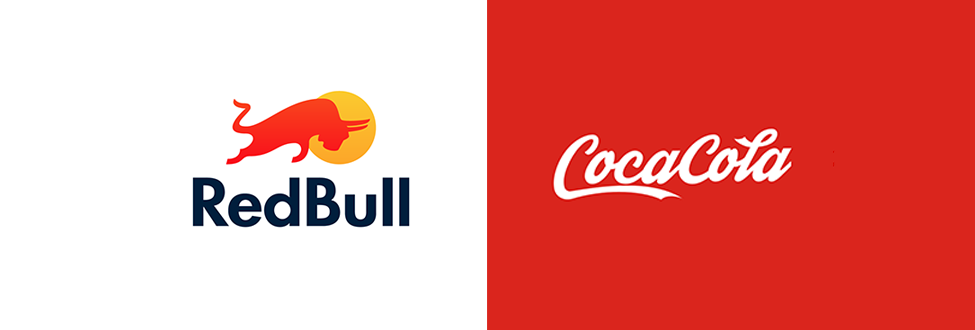
How RedBull became one of Coca-Cola’s biggest competitors using the Placebo Effect
Coke has been the best selling cold non-alcoholic drink in the world apart from water for the past 100 years and the most successful attempt to compete with Coca-Cola is by RedBull.
RedBull comes in a tiny can, it’s more expensive than your regular non-alcoholic carbonated drinks like Coke & Pepsi, and it tastes disgusting.
This is by design and it’s not a subjective opinion. RedBull went to a company which only researches the tastes of drinks. The results of the research said “failed product” and that “RedBull was the worst drink we’ve researched in the entire history of our company”
Yet weirdly, RedBull is so successful that they can basically run a Formula 1 team just on the profits of the company.
Well, then how is RedBull is so successful? That can be explained by the fact that it’s not actually a drink in the sense Fanta is a drink. RedBull is actually kind of a placebo or you could say it’s a drug. Because think about it, if you want to enjoy a drink, you want it to taste sweet & nice, that’s why Fanta’s quite popular. On the other hand, once you frame it as something with psychoactive or psychotropic powers, all the rules change. All the things that are a disadvantage as a drink, are a strength as a placebo. It’s expensive, it comes in small measured doses & it tastes weird (like all drugs do). No one wants to be given a prescription for a serious condition and be asked if they want the vanilla or the strawberry flavoured medicine. We have this propensity to believe that things that have medicinal powers should taste unpleasant and as a result, RedBull tastes awful but it’s an incredibly potent placebo.
And this Placebo Effect coupled with clever marketing slogans like “RedBull gives you wings” only makes the notion stronger that since it tastes weird and also is expensive, means that it actually is confidence & energy booster.
The Placebo Effect is a real psychological effect in which a brand influences consumers expectations and, and, their behaviour. The placebo effect stems from activation of expectancies about the efficacy of the product. It’s all about creating value in the mind rather than improving the product to create objective value.
Some simple examples of the placebo effect -
- Wine sipped from a glass tastes better than wine sipped in a wooden or metallic cup.
- Wine also tastes better if you tell people that it’s expensive.
- Tablets for period cramps being sold as generic painkillers, wouldn’t seem to relieve pain better than tablets which are specifically being sold for period cramps and have the words ‘Painkiller for period pains’ written on the packaging.
- Pain killers are more effective if they’re red and sleeping pills are more effective if they’re blue.
The Placebo Effect can even be used to price products and increase revenue. If you are selling a more expensive product than your competitor, the notion would be that your product is superior and better in terms of quality than a product which is cheaply priced and is running extensive discounts and sales.
Placebo Effect can be seen everywhere around us. We are not able to identify it easily because of how we have been conditioned over time. If we start analysing and questioning the accepted norms of life, we will soon realise how such effects can be used to deceive people into altering their behaviour.
Hope you found this article insightful. If you're interested in learning more, feel free to subscribe to my blog where I'll be posting about topics ranging from SaaS Marketing to Behavioural Marketing
Click here to subscribe - https://saasmarketing.substack.com/
Team Lead: Operations @ Scaler | Ex - DLF
3yIt was something new and exciting to learn, Thanks for posting!
Audit Assistant at Deloitte USI
3yVery enlightening!